Outdated Technology in Modern Use: 8 Surprising Real-World Cases
We're used to upgrading our tech every few years – the latest iPhone, a struggling processor, or a graphics card that can't handle the newest games. Old hardware often gets resold or discarded. But many outdated devices remain surprisingly functional, even indispensable. Here are eight remarkable examples of vintage tech still holding its own.
Table of Contents
- Retro Computers Mining Bitcoin
- A Reliable Mechanic's Assistant Since the '80s
- Vintage Tech as a Bakery POS System
- Outdated Systems Managing Nuclear Arsenals
- Windows XP Powers Multi-Billion Dollar Aircraft Carrier
- Critical Airport Infrastructure Fails Due to Legacy Software
- Classic Hardware Used for Cutting-Edge Research
- Nostalgia Keeps Old Systems Alive
Retro Computers Mining Bitcoin
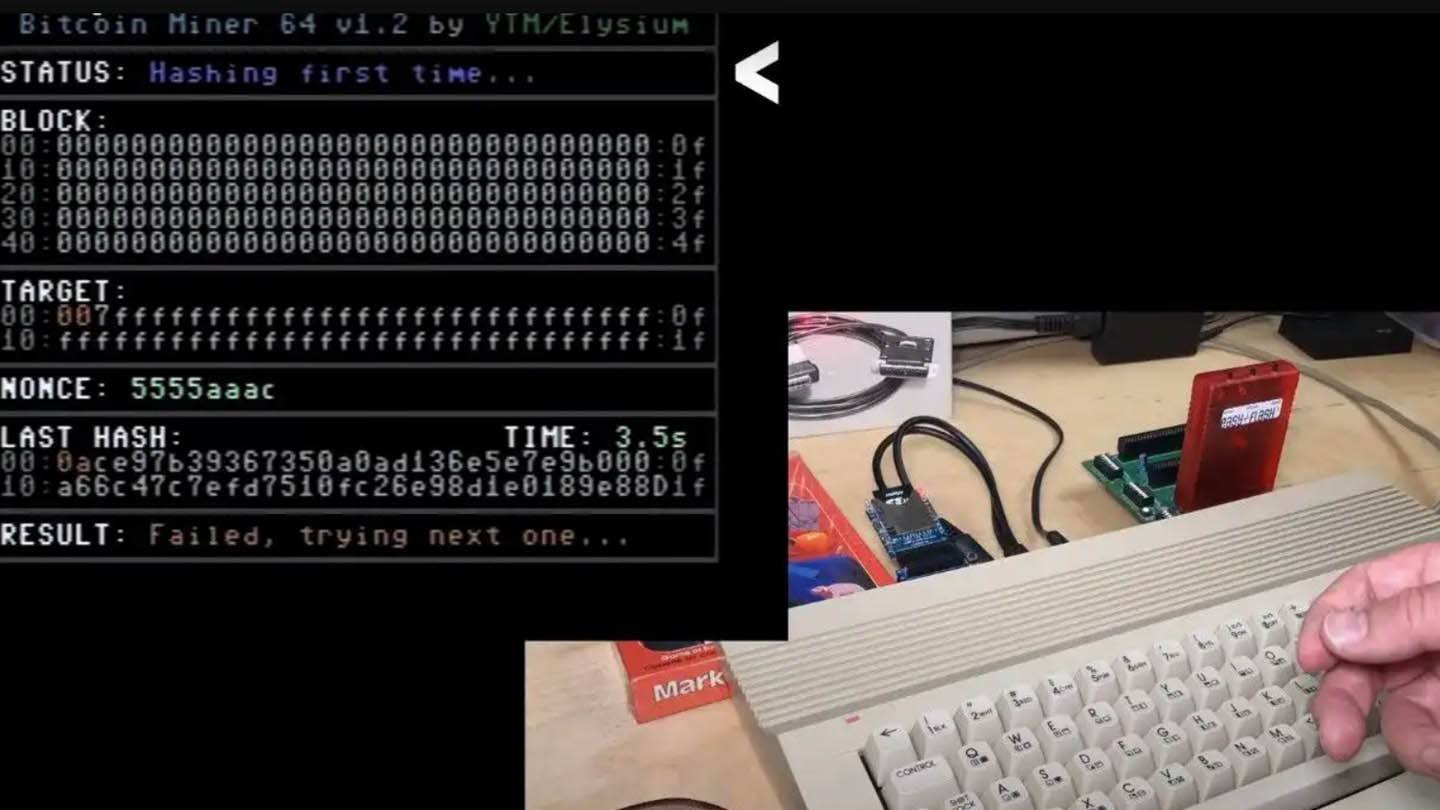 Image: x.com
Image: x.com
Believe it or not, a 1982 Commodore 64 can mine Bitcoin. However, its 8-bit, 1 MHz processor manages a paltry 0.3 hashes per second. An RTX 3080 GPU, for comparison, handles 100 million hashes per second. Mining a single Bitcoin on the C64 would take roughly a billion years.
Similarly, YouTuber stacksmashing mined Bitcoin using a 1989 Nintendo Game Boy, connected to the internet via a Raspberry Pi Pico microcontroller. The Game Boy achieved 0.8 hashes per second – slightly faster than the C64, but still about 125 trillion times slower than modern ASIC miners. Mining one Bitcoin would take longer than the universe has existed.
A Reliable Mechanic’s Assistant Since the '80s
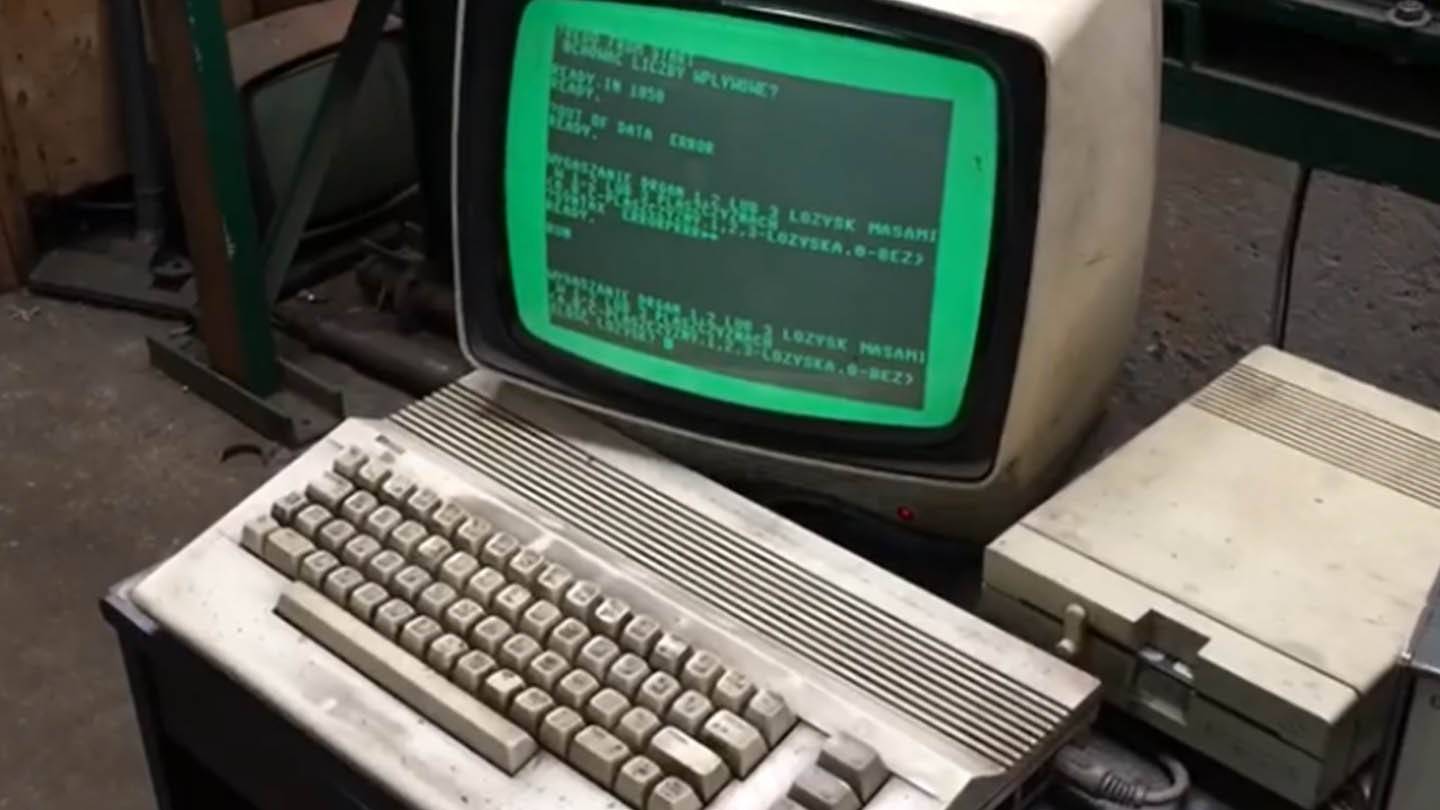 Image: x.com
Image: x.com
In Gdansk, Poland, a Commodore 64C has assisted mechanics for over three decades. It even survived a flood! This 1 MHz CPU, with its mere 64 KB of memory, flawlessly runs custom software for drive shaft calculations, proving older technology can sometimes outlast its modern counterparts.
Vintage Tech as a Bakery POS System
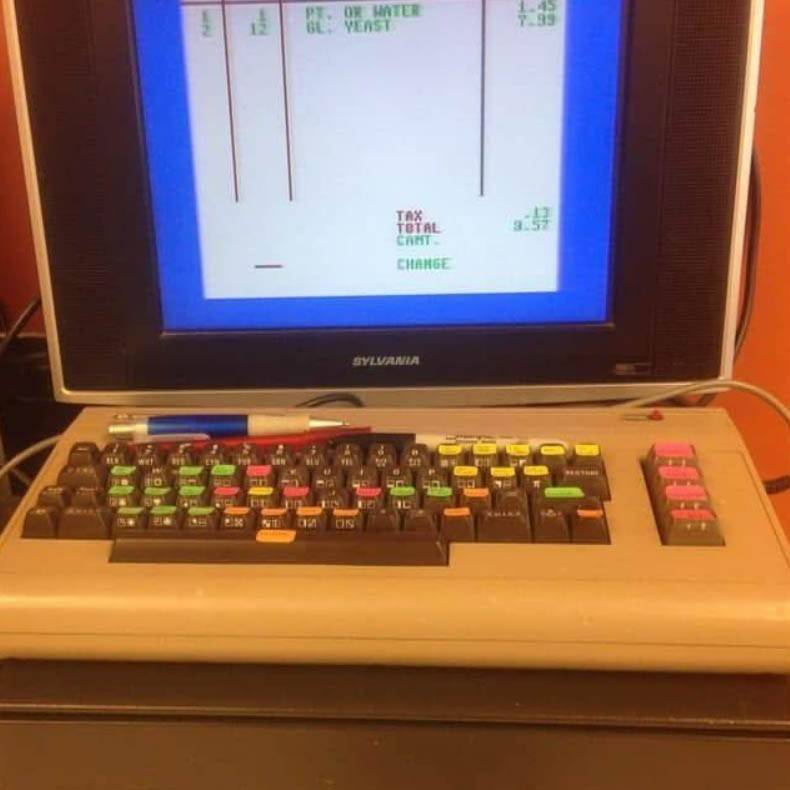 Image: x.com
Image: x.com
An Indiana bakery has used a Commodore 64 as its point-of-sale (POS) system since the 1980s. Affectionately nicknamed the "breadbox," this online cash register remains reliable, requiring only keyboard label updates for new baked goods – a stark contrast to the frequent software update woes of modern POS systems.
Outdated Systems Managing Nuclear Arsenals
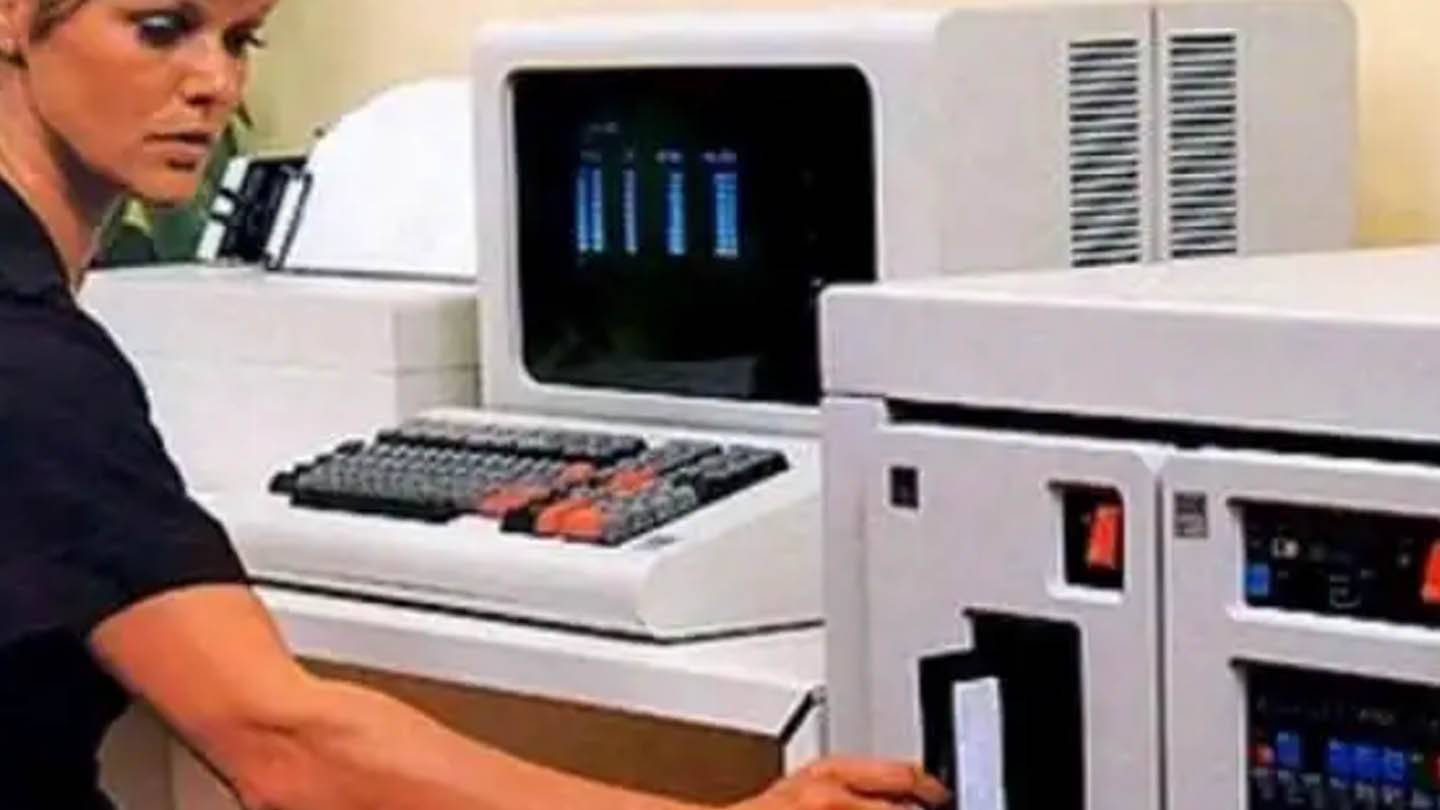 Image: x.com
Image: x.com
The United States manages its nuclear arsenal using a 1976 IBM computer and 8-inch floppy disks (approximately 80 KB of data). While modernization plans exist, the system's proven reliability keeps it in place.
Similarly, Germany's navy uses 8-inch floppy disks on its Brandenburg-class frigates. Built in the 1990s, these ships rely on this outdated technology. Upgrades involve floppy disk emulators, but nostalgia seems to play a role in preserving the original system.
Windows XP Powers Multi-Billion Dollar Aircraft Carrier
 Image: x.com
Image: x.com
The British aircraft carrier HMS Queen Elizabeth, a multi-billion dollar vessel, runs on Windows XP – support for which ended in 2014. While the Royal Navy assures necessary security measures are in place, this reliance on outdated software is eyebrow-raising.
The British Vanguard-class submarines Victorious, Vigilant, and Vengeance also use Windows XP for intercontinental missile management. These systems remain offline for security, with updates not planned until 2028.
Critical Airport Infrastructure Fails Due to Legacy Software
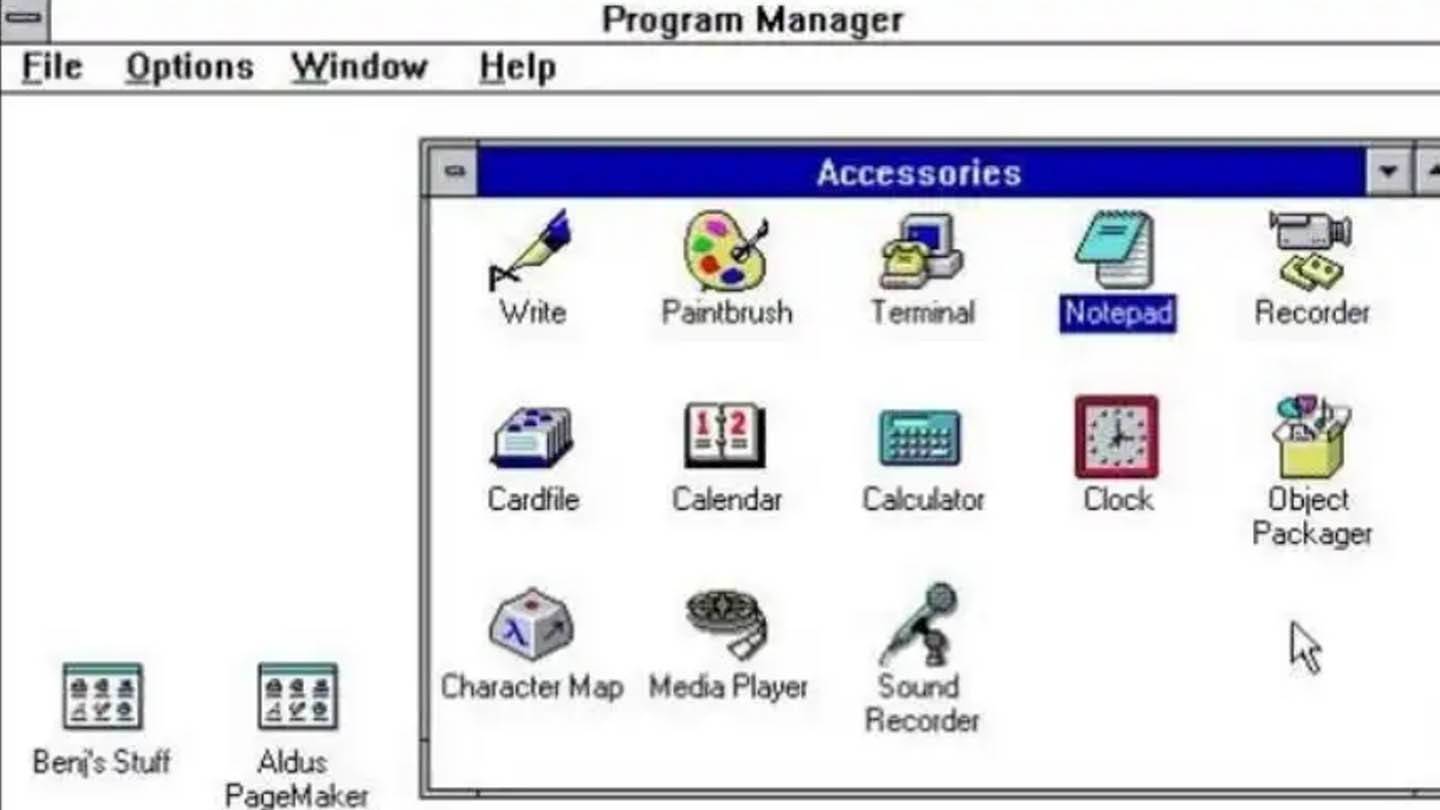 Image: x.com
Image: x.com
In 2015, Paris Orly Airport experienced an outage when a computer running Windows 3.1 (a 1992 operating system) crashed. The DECOR software, providing pilots with weather data, failed, causing flight suspensions.
Classic Hardware Used for Cutting-Edge Research
Retro computers like the Commodore 64 find use in educational settings, teaching programming basics and simulating simple physics experiments. Their simplicity makes them ideal for understanding fundamental computing principles.
Nostalgia Keeps Old Systems Alive
Many organizations retain legacy systems due to habit or nostalgia. Maintaining compatibility with existing workflows or avoiding costly upgrades contributes to the enduring value of familiar tools.
These examples demonstrate the surprising resilience of outdated technology across various industries. From gaming consoles mining cryptocurrency to vintage computers guiding global defense, legacy tech proves remarkably durable. While upgrades are inevitable, these systems highlight the enduring value of simplicity and reliability.
-
1

Top Streaming Platforms for Live Sports in 2025
Jun 18,2025
-
2

GTA 6 Set for Fall 2025 Release, CEO Confirms
Apr 03,2025
-
3

First ALGS in Asia Emerges in Japan
Jan 19,2025
-
4

Roblox: CrossBlox Codes (January 2025)
Mar 04,2025
-
5
![Roblox Forsaken Characters Tier List [UPDATED] (2025)](https://img.jdzca.com/uploads/18/17380116246797f3e8a8a39.jpg)
Roblox Forsaken Characters Tier List [UPDATED] (2025)
Mar 05,2025
-
6

Introducing the Ultimate Guide to Seamless Character Swapping in Dynasty Warriors: Origins
Feb 25,2025
-
7

Gwent: Top 5 Witcher Decks (2025 Update)
Mar 13,2025
-
8

Cute mobs in Minecraft: pink pigs and why they are needed
Mar 06,2025
-
9

Max Hunter Rank in Monster Hunter Wilds: Tips to Increase
Apr 04,2025
-
10

Capcom Spotlight Feb 2025 Showcases Monster Hunter Wilds, Onimusha and More
Apr 01,2025
-
Download

Portrait Sketch
Photography / 37.12M
Update: Dec 17,2024
-
Download

Friendship with Benefits
Casual / 150.32M
Update: Dec 13,2024
-
Download

F.I.L.F. 2
Casual / 352.80M
Update: Dec 20,2024
-
4
[NSFW 18+] Sissy Trainer
-
5
Pocket Touch Simulation! for
-
6
슬롯 마카오 카지노 - 정말 재미나는 리얼 슬롯머신
-
7
Chubby Story [v1.4.2] (Localizations)
-
8
Life with a College Girl
-
9
Shuffles by Pinterest
-
10
Hunter Akuna














